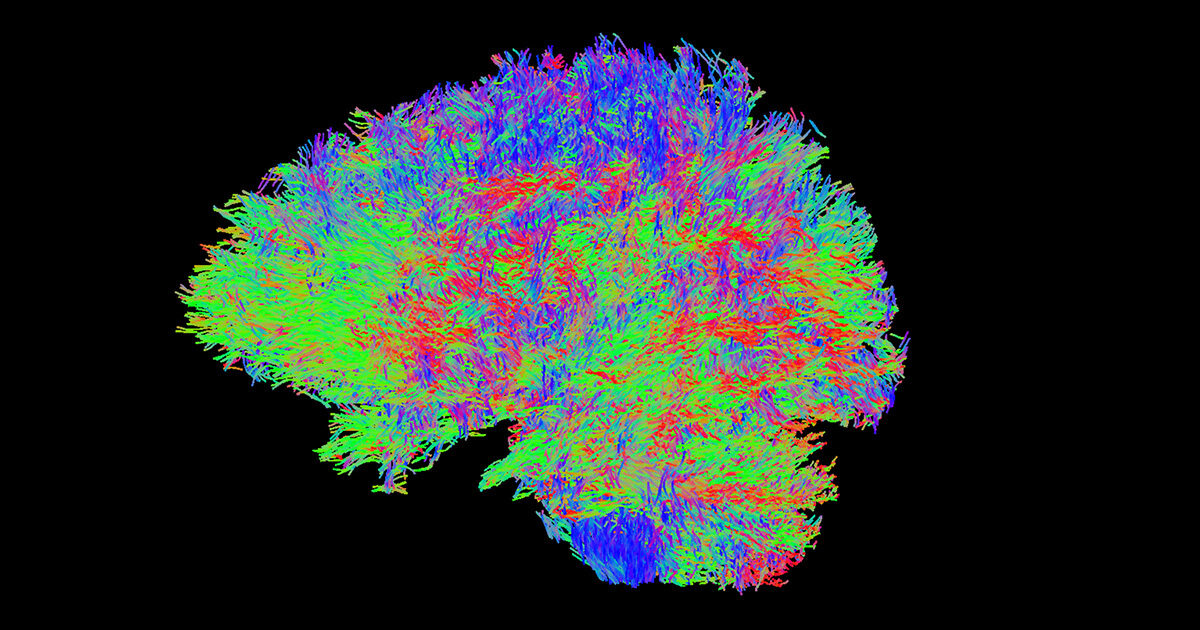UT Health Austin Joins Global Effort to Transform Bipolar Disorder Care
UT Health Austin clinicians collaborate with leading research and clinical sites worldwide to advance bipolar disorder research and treatment
Reviewed by: Jorge Almeida, MD, PhD
Written by: Lily Vining

UT Health Austin’s Bipolar Disorder Center within the Mulva Clinic for the Neurosciences has joined a prestigious international network of clinical and research dedicated to advancing the understanding and treatment of bipolar I disorder. As a newly selected site within the BD² Integrated Network, an initiative of the Foundation for Breakthrough Discoveries for thriving with Bipolar Disorder, UT Health Austin now stands alongside institutions such as Johns Hopkins University, Mass General Brigham, Mayo Clinic, the University of California at Los Angeles, the University of California at San Diego, and the University of Michigan. The network currently includes 10 sites, with plans to expand to 16 worldwide.
“This is going to be truly unique and revolutionary—not just for bipolar research, but for mental health care overall,” shares Jorge Almeida, MD, PhD, a board-certified psychiatrist and the Director of the Bipolar Disorder Center. “We’re contributing to a shared vision of transforming care for those living with bipolar disorder.”
The Impact of Bipolar Disorder
Bipolar I disorder, the most severe form, is marked by intense shifts in mood, energy, and behavior, from manic highs to depressive lows. “These are not just mood swings,” explains Dr. Almeida. “The illness can disrupt every aspect of a person’s life and is often underdiagnosed or misdiagnosed.”
On average, individuals wait seven years and consult at least three mental health providers before receiving an accurate diagnosis. Beyond the emotional and psychological toll, bipolar disorder also carries a significant economic burden. A recent study led by Dr. Almeida found that the financial cost of bipolar disorder rivals that of cancer or heart disease. “The cost is significantly higher than many people realize,” notes Dr. Almeida. “And it increases over time, especially when more than one family member is affected.”
These insights are shaping how Dr. Almeida and his team care for patients, not only in how they provide treatment, but also in how they design systems of care that offer long-term support.
Inside the BD² Phenotyping Study
A central effort of the BD² Integrated Network is a five-year, large-scale phenotyping study focused on uncovering the biological, psychological, and behavioral markers of bipolar disorder. Across the 10 participating research sites, including UT Health Austin, the study will enroll 4,000 participants who will be followed over the course of five years.
Participants will undergo a variety of assessments, including neuroimaging, cognitive testing, and bloodwork. They will also wear Fitbit devices to monitor sleep, heart rate, and activity, providing real-time data to researchers.
Quarterly and annual check-ins will track symptoms over time, and an app will capture self-reported data. Additionally, researchers will review electronic health records to evaluate treatment outcomes and healthcare utilization.
“This data will give us unprecedented insight into how bipolar disorder evolves,” explains Dr. Almeida. “Our goal is to predict mood episodes early enough to intervene—before symptoms become severe or require hospitalization.”
If you are interested in participating in the study, please email bipolarcenter@austin.utexas.edu.
<br>Ongoing Research at UT Health Austin
In addition to participating in the BD² study, UT Health Austin is leading several innovative research efforts focused on improving care for individuals with bipolar disorder.
Research efforts include:
- Using machine learning models to study brain development and support earlier diagnosis
- Investigating near-infrared light therapy as a potential way to improve cognitive function
- Piloting neuromodulation treatments for bipolar depression in collaboration with Johns Hopkins University and Stanford University, making UT Health Austin one of the first sites in the country to implement this approach
Patients enrolled in the BD² study may also be eligible to participate in these and other ongoing research efforts through the Bipolar Disorder Research Center.
<br>A Learning Health Network for Mental Health
The BD² Integrated Network operates as a Learning Health Network (LHN), a collaborative research model that collects and analyzes real-time data across institutions to drive continuous improvements in patient care. While this model is well-established in other specialties, such as cardiology and oncology, BD² represents the first time it’s being applied to psychiatry.
Each participating center contributes de-identified data on clinical care, outcomes, and healthcare utilization. Independent clinical assessments ensure consistency and objectivity across the network.
“If one site is consistently seeing great results, we want to understand why,” says Dr. Almeida. “And just as importantly—we want to make sure that kind of care is accessible to every patient, no matter where they are.”
Setting a New Standard in Bipolar Disorder Care
UT Health Austin’s Bipolar Disorder Center is distinguished by its multidisciplinary, team-based model of care. Patients benefit from the expertise of multiple specialists across a variety of disciplines, all working together in one place. The Bipolar Disorder Center care team includes psychiatrists, physician assistants, therapists, peer support specialists, psychiatric pharmacists, and psychometrists, who collaborate to develop personalized, comprehensive treatment plans.

In addition to individual medication management and individual therapy, the Bipolar Disorder Center also offers high-intensity care options, shared medical appointments, psychoeducation groups, and access to emerging treatments, such as neuromodulation and cognitive laser therapy.
“We expect to see higher remission rates and fewer new episodes because of our collaborative care model,” shares Dr. Almeida. “Our goal is not just symptom control—it’s helping people thrive.”
Leading the Way in Bipolar Disorder Research and Innovation
Looking ahead, the Bipolar Disorder Center is helping redefine how bipolar disorder is diagnosed, treated, and understood. “By using tools such as deep phenotyping and digital monitoring, we’re uncovering patterns we’ve never seen before,” explains Dr. Almeida. “We’re asking: What’s missing from today’s care model? And how do we close those gaps now?”
By comparing outcomes across institutions, researchers hope to define what high-quality bipolar care looks like and make it accessible both nationally and globally. “One of our goals is to show that the care we provide here in Austin is on par with that of other top-tier medical centers—and vice-versa,” adds Dr. Almeida.
This collaborative, research-driven approach marks a major shift in how we understand and care for individuals living with bipolar disorder, placing innovation, partnership, and patients at the center.
For more information about the Bipolar Disorder Center, call 1-833-UT-CARES (1-833-882-2737) or visit here.